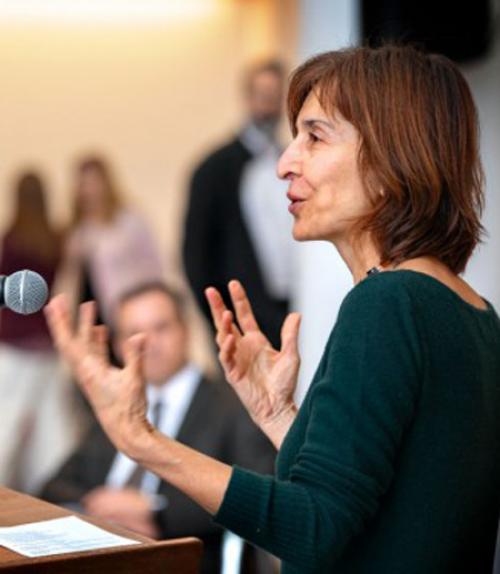11 new researchers become Eric and Wendy Schmidt AI in Science Postdoctoral Fellows
Cornell Bowers CIS
 Department Homepage
The College of Arts & Sciences
Department Homepage
The College of Arts & Sciences
